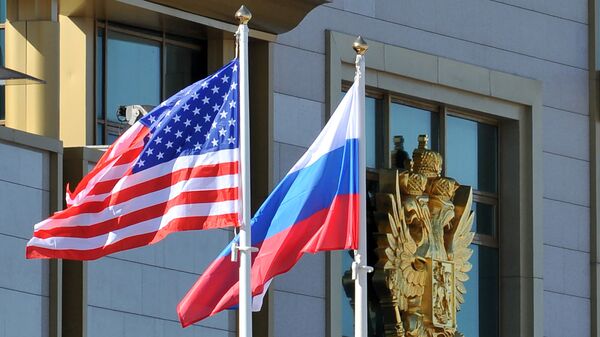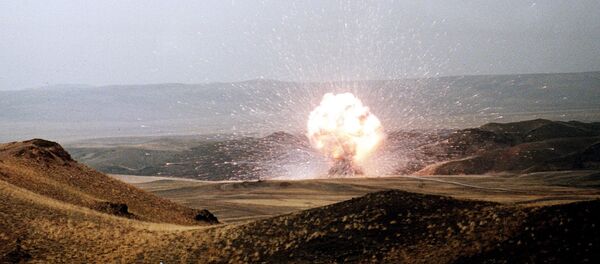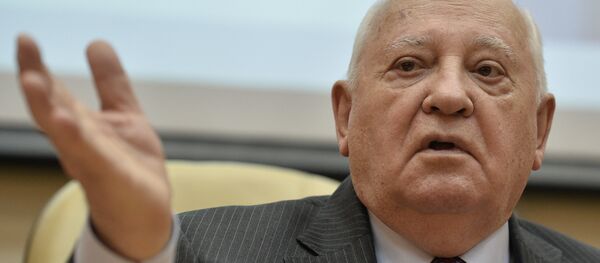"We do not want to see the same situation that we see today with JCPOA because of the change of [US] administration", Antonov said at the 2019 Carnegie International Nuclear Policy Conference on Monday. Antonov also reminded that previous US administration signed JCPOA but current decided to withdraw from this agreement.
Last May, US President Donald Trump announced his country’s decision to withdraw from JCPOA and reintroduce sanctions. In the wake of the decision, the other parties to the agreement — China, France, Germany, Iran, Russia, the United Kingdom and the European Union – expressed their commitment to the accord and began working on creating tools to bypass US sanctions.
READ MORE: JCPOA Doomed? US Could Use All Tools to Push EU Out of Iran Nuclear Deal — Prof
Asked whether Russia will be ready to extend the New START Treaty without preliminary dialogue with the United States, Antonov said that such discussions are mandatory.
“It is clear to us that first, we have to start a dialogue”, Antonov said. The ambassador also said Russia “has to find solutions before we put our signature under any document".
Moreover, Washington and Moscow need to engage in extensive negotiations to reach agreements in nuclear non-proliferation and arms control, Russian Envoy to the United States Anatoly Antonov said at the 2019 Carnegie International Nuclear Policy Conference.
“We have elaborated excellent non-proliferation safety net, but we have to improve it, we need full-fledged dialogue between the United States and the Russian Federation”, Antonov said on Monday.
READ MORE: INF Treaty's Collapse Unlikely to Result in Russia, US Deploying New Missiles
On 2 February, the United States formally suspended its obligations under the INF Treaty and triggered a six-month withdrawal process. Washington has said it would terminate this procedure if Russia agreed to remain compliant with the accord.
The INF Treaty was signed in 1987 by then-leader of the Soviet Union Mikhail Gorbachev and then-US President Ronald Reagan. The leaders agreed to destroy all cruise or ground-launched ballistic missiles with ranges between 500 and 5,500 kilometers (310 and 3,400 miles).
READ MORE: Hillary Clinton: Trump's INF Treaty Withdrawal is "Gift to Putin"




